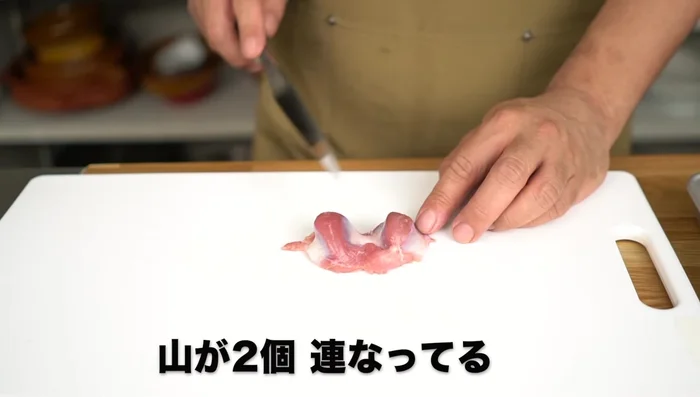Chicken gizzards, those often-overlooked organ meats, are a surprisingly delicious and nutritious addition to any meal. Packed with protein and iron, they offer a unique texture and savory flavor that many find irresistible once they've learned how to prepare them properly. The key to unlocking their culinary potential lies in mastering a simple yet crucial step: removing the tough silver skin. Many find this process daunting, but with a few helpful tricks, it becomes effortless.
This article will guide you through the process of preparing chicken gizzards, focusing on efficiently and effectively removing that pesky silver skin. We'll break down the steps into an easy-to-follow guide so you can confidently tackle this often-avoided task. Ready to transform these humble organ meats into a culinary delight? Let's dive into the step-by-step process!
Tools Needed
Ingredients
- name: Chicken Gizzards
- amount
Step-by-Step Instructions
Step 1. Inspect and Prepare
- Examine the gizzards. They are usually connected, forming a shape like two mountains.
- Identify the 'galaxy' – the toughest, river-like part. The goal is to remove the silver skin from this area efficiently without wasting the meat.


Step 2. Kijima-Style Peeling (for individual gizzards)
- Make one cut slightly below the top of the 'mountain', then another on the opposite side. Pull the skin with your right hand. Use your left thumb to help peel the skin along the edge. Repeat on the other side.

Step 3. Quick Cut Method (for larger batches)
- Make several cuts along the silver skin, effectively separating it from the meat. This may leave some tough parts, but it's faster.

Step 4. Final Cleanup
- Remove any remaining tough parts from the bottom of the gizzards.
- Make diagonal cuts across the gizzard, then rotate 90 degrees and repeat. This creates a grid-like pattern, resembling a flower when cooked. Still, remove tough parts as needed.


Read more: Black Bean Muffins: Easy Recipe with Pancake Mix
Tips
- Removing the silver skin with your fingers is recommended for minimal meat waste, especially for smaller batches.
- The toughest part is always at the bottom. Cut that off for easier eating.
- Experiment with different cooking methods to find your favorite way to prepare gizzards.
Nutrition
- N/A
FAQs
1. Why is removing the silver skin important?
The silver skin is tough and chewy. Removing it ensures tender and enjoyable gizzards.
2. What if I skip removing the silver skin?
Your gizzards will be tougher and chewier than if you removed the silver skin. The flavor might also be slightly less pleasant.
3. Can I use a different tool to remove the silver skin besides a knife?
While a sharp knife is recommended for precision, you can try using kitchen shears or even your fingernails for smaller pieces. However, a knife provides the best control and results.
Mastering the art of silver skin removal unlocks the delicious potential of chicken gizzards, transforming them from intimidating organ meat into a flavorful and versatile ingredient. With a little practice using the techniques outlined above, you'll be preparing perfectly tender gizzards in no time. Now go forth and enjoy your culinary creation!
